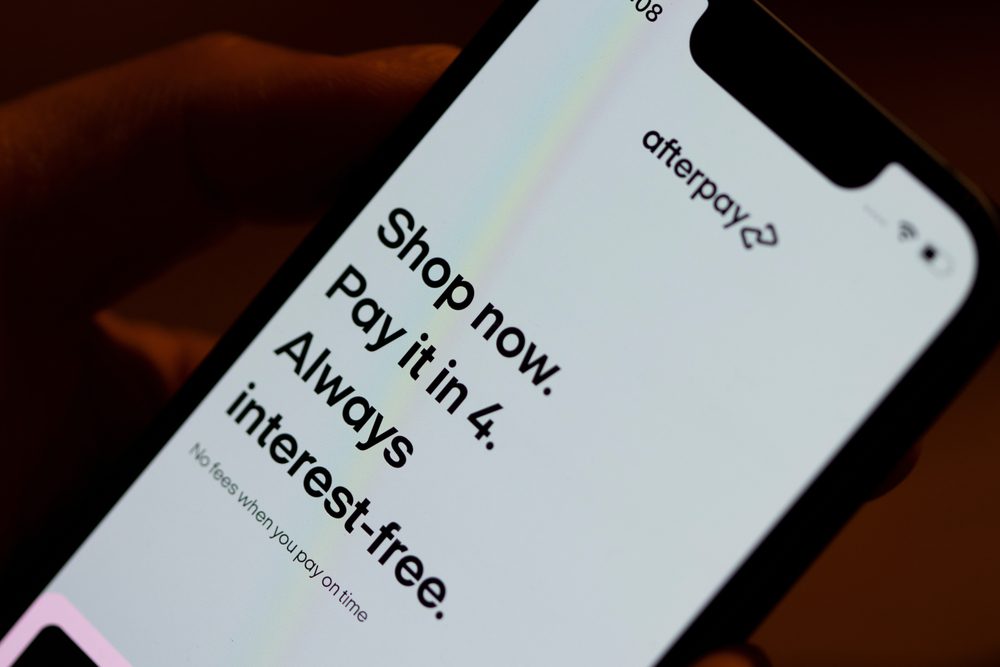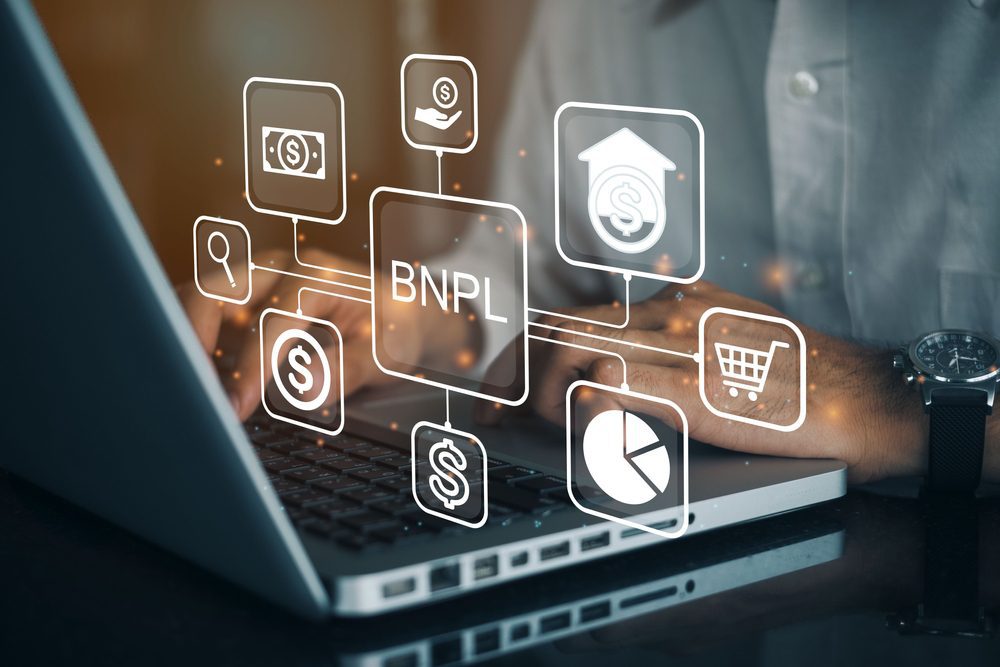Advertiser Disclosure: Many of the companies featured here provide compensation to us. This is how we maintain our free service for consumers. Compensation, along with hours of in-depth editorial research, determines where & how companies appear below.
Who is LendingPoint.com?
If you’re considering taking out a loan with LendingPoint.com, you might be wondering if the company is legitimate or not. After all, there have been some negative reviews floating around online, and the interest rates are pretty high. So, what’s the verdict? Is LendingPoint a Scam? We can’t say for sure. However, we would recommend that you proceed with caution if you’re considering borrowing from them. There are better options out there with lower interest rates and fewer fees.
During the lockdowns that accompanied the pandemic, there was rapid growth in instant Buy Now Pay Later loans, including those offered by Affirm, Klarna, Afterpay, PayPal, Zip, and Sezzle, among others, offering instant Buy Now Pay Later loans. Despite this, as the pandemic waned, the Buy Now Pay Later phenomenon began to evolve in a number of different directions.
As a result of Buy Now Pay Later fintechs, the key innovation was the ability to offer consumers instant financing on specific purchases at the point of sale without affecting their credit scores or personal information. In addition to offering consumers the convenience of financing individual purchases in a simpler way than traditional credit cards, it introduces some complexities that regulators are still evaluating.
Even though Buy Now Pay Later loans are still gaining popularity – according to Consumer Reports, 28% of U.S. consumers have used a Buy Now Pay Later loan service as of August 2022, up from 18% at the beginning of the year – funding sources, loan quality, and loan terms remain uncertain.
Consumer Financial Protection Bureau officials did not issue rules for this unregulated sector after conducting a months-long inquiry into the Buy Now Pay Later loan market in 2022, but they are closely monitoring for evidence of consumer harm caused by borrowers who accumulate multiple Buy Now Pay Later loans, which credit bureaus do not monitor. As part of a memo issued by the Consumer Financial Protection Bureau during the holiday season, consumers were warned about the risks associated with BNP.
For the savviest Buy Now Pay Later loan fintechs of the future, the next year will be a real test of survival. In a tighter economy and amid rising interest rates, incumbents will have to retool their products and pricing in order to counter fresh competition from Apple and others, as well as from banks — counter fresh pressure — including from banks.
The Competition Is Heating Up

LendingPoint.com says that it is expected that Apple Pay Later, which is expected to launch sometime during the first half of 2024, will pose the biggest threat to incumbents. In addition to offering shoppers the option of splitting up a purchase at the point of sale through Apple Pay, shoppers with iOS devices will also be able to split up purchases within apps. Apple has not yet disclosed what financing options Apple Pay Later might include in full.
According to reports, the fintech company One will be entering the Buy Now Pay Later loan arena in 2023 with financial backing from Walmart. Walmart, which has partnered with Affirm for a long time for financing purchases online and in Walmart stores, has not revealed any details about the company’s plans.
A number of new players could force existing players to retrench as a result of the implementation of new technologies. Australia’s Openpay has ceased operations of its U.S.-based Opy Buy Now Pay Later loan operation after months of development and promotion. And earlier this year, a deal that Sezzle reached to be acquired by Zip fell through.
In the past year, MasterCard and Visa Installments have been introduced that are slowly developing an ecosystem where banks are able to offer instant point-of-sale financing to merchants, both online and in stores, via their credit cards. Last month, Visa Canada announced that certain merchants will be allowing their customers to convert online and in-store purchases into small, equal payments at the point of sale. It has been announced this month that Mastercard is working with i2C, Deserve and Amount so that banks can connect to merchants for point-of-sale Buy Now Pay Later options. SoFi developed a Pay in Four interest-free option using Mastercard’s rails.
Valuations Fluctuate, Says LendingPoint.com

Buy Now Pay Later loan fintechs have seen their valuations tumble over the last year as the economy has shifted, and the biggest Buy Now Pay Later fintechs have suffered catastrophic declines in their market value as user-growth rates have slowed and consumer delinquency rates have spiked recently.
As a result of losing more than $580 million over the first half of the year, Klarna’s market capitalization dropped by 85% to $6.7 billion after it was valued at $45.6 billion last year. It is the Swedish-based company that laid off 10% of its employees but has also raised $800 million in new funding. Recently, CEO Sebastian Siemiatkowski stated that Klarna will become profitable by 2023 after it had raised $800 million in fresh funding in July.
This stock has fallen by 92% from its previous price of over $30 billion. Affirm, which was valued at more than $30 billion a year ago, is now hovering below $4 billion. However, Affirm’s most recent reported quarterly revenue results, which ended Sept. 30, 2022, showed a 34% increase in revenue from $269 million a year earlier to $362 million. Affirm’s total number of active customers grew by 69% to 15 million in that period, from 9 million a year earlier.
Affirm and Klarna, both of which are backed by a bank, claim that by tightening their underwriting standards in the last half of 2024, they have stabilized delinquency rates. According to Klarna, the company expects to become profitable within the next year, and Affirm’s recent letter to investors indicates that its gross merchandise volume through September 30, 2022, will constitute nearly 2% of all e-commerce sales in the U.S.
More Than Interest-Free

While the pay-in-four interest-free model – which lets customers repay purchases in equal installments over a six-week period – remains popular, more and more Buy Now Pay Later loan firms are now offering long-term financing options that charge interest.
A key source of revenue for Buy Now Pay Later loan firms is still the fees merchants pay them for closing deals, however, as the industry evolves, interest is likely to become more important to profits as it becomes more popular among merchants.
With an interest rate ranging from 0% to 36% and terms ranging up to 60 months, Affirm has long provided a range of financing options for purchases. It is the company’s policy to offer an interest-free Pay in 4, as well as another option to pay off purchases interest-free within 30 days or a loan with interest rates ranging from six to 36 months.
In June, PayPal followed suit with a monthly payment option, enabling customers to spread loan payments over two years with loans available through WebBank, which offer loans of up to $10,000 with different interest rates. APRs ranged from 0% to 29.99% for the loan options offered by PayPal in June.
It was announced in October that Afterpay had entered into the long-term loan market with a monthly payment option (with interest) for a handful of merchants, with plans to expand the option by 2023 to more merchants. Based on the credit score of the user and Afterpay repayment history, Afterpay customers can choose to spread their payments over six months or 12 months for purchases up to $4,000 with interest.
BNPL Spreads
There has been such a big hit with consumers about the convenience of instantly financing items with a few clicks that other industries have borrowed the Buy Now Pay Later loan concept in order to get more deals closed.
The Los Angeles-based B Generous applied the Buy Now Pay Later loan model to charitable giving in 2022 with its “Donate now, pay later” approach that helps organizations meet their financial needs in the fiscal year. The approach helps balance the need for funding throughout the year (versus donations piling up at the end of the year near donors’ tax-filing deadlines).
Everyware, the San Francisco-based startup that offers consumer finance plans for car sales and auto repair, has expanded an offer to offer customers an option to spread a lump-sum purchase over several months by sending them a text message at the point of sale.
In addition to providing financing for veterinary services, Scratch Financial also offers installment loans for other medical verticals, such as dental, optical, and chiropractic, with a “Care now, pay later” marketing strategy in line with the company’s original niche.




